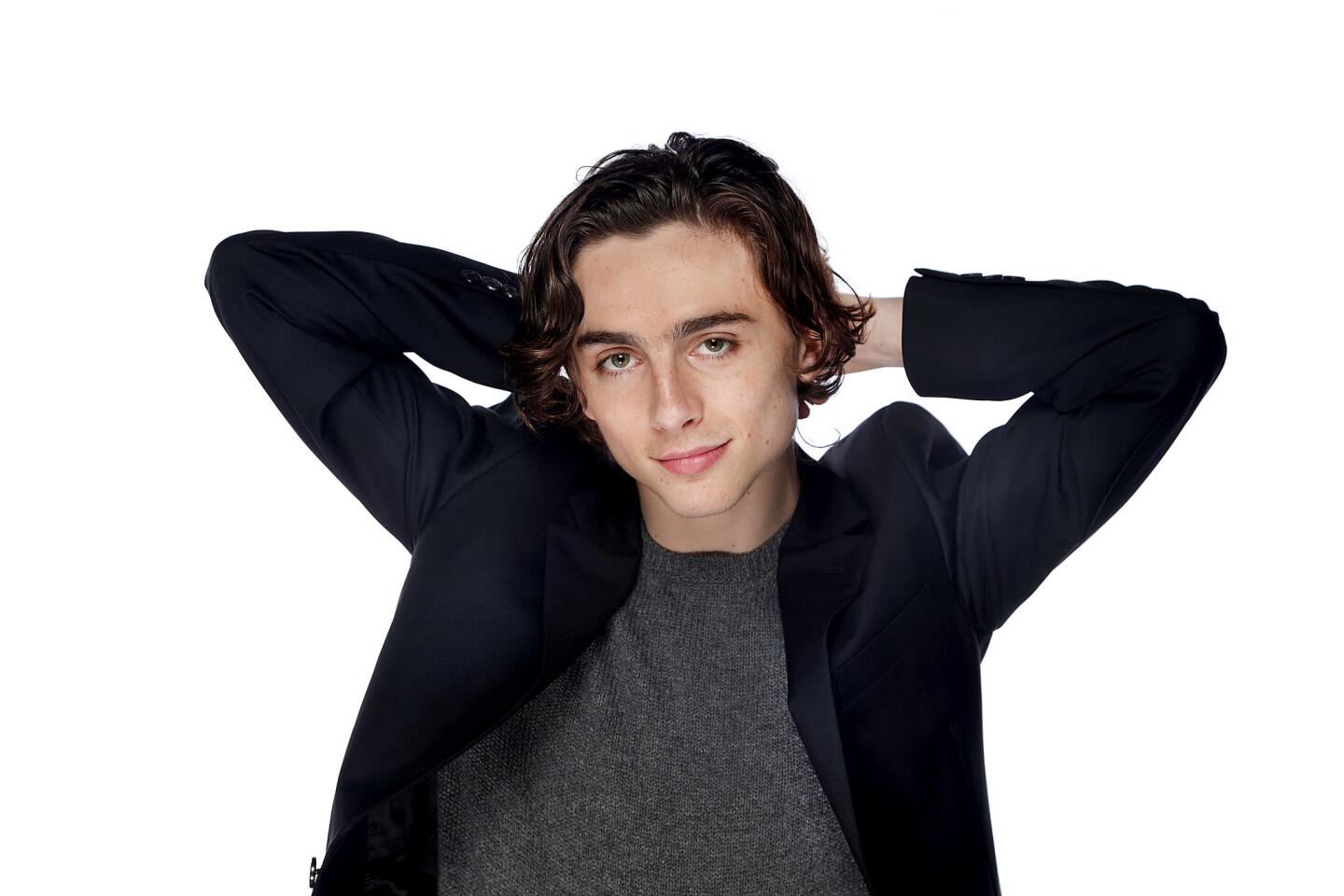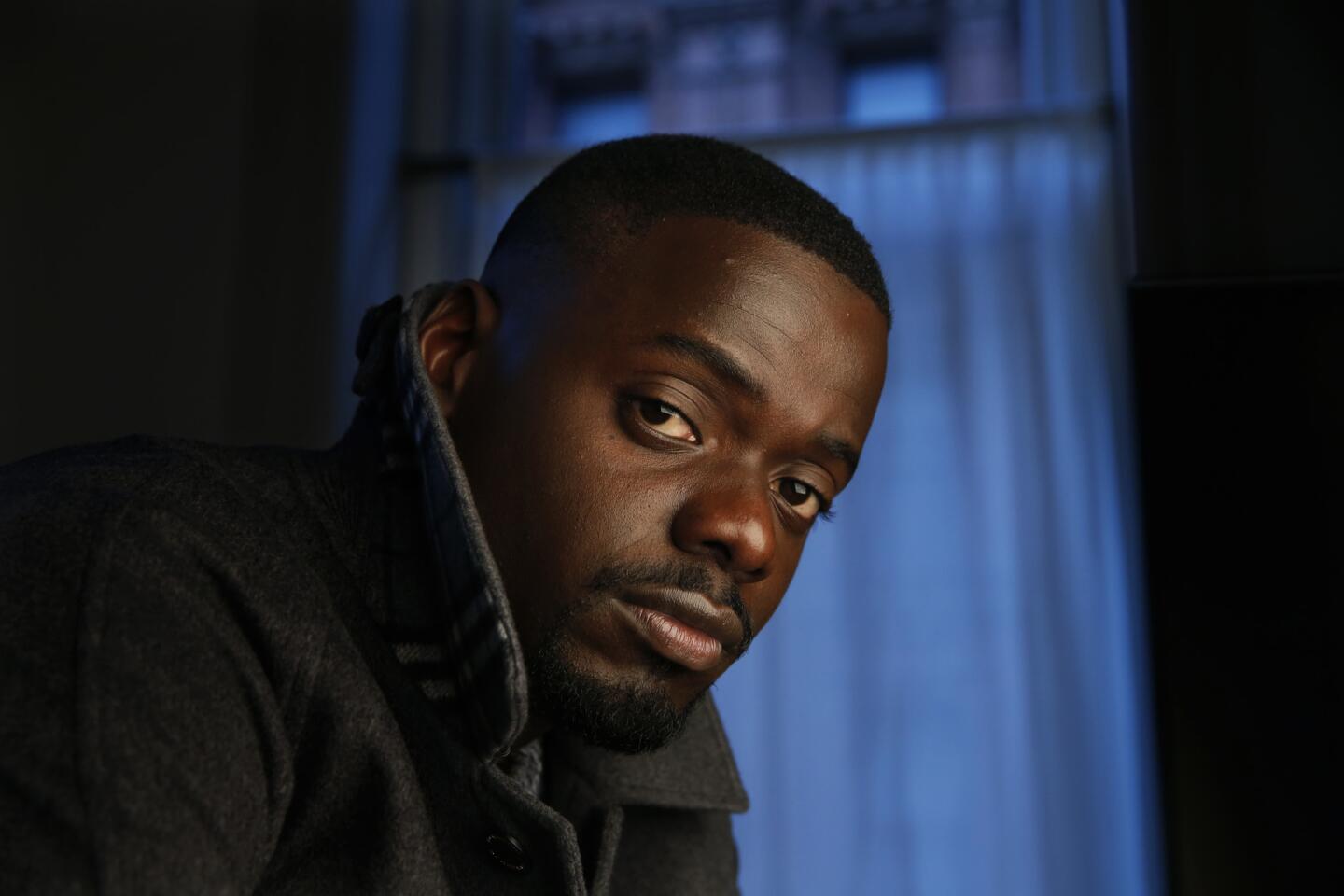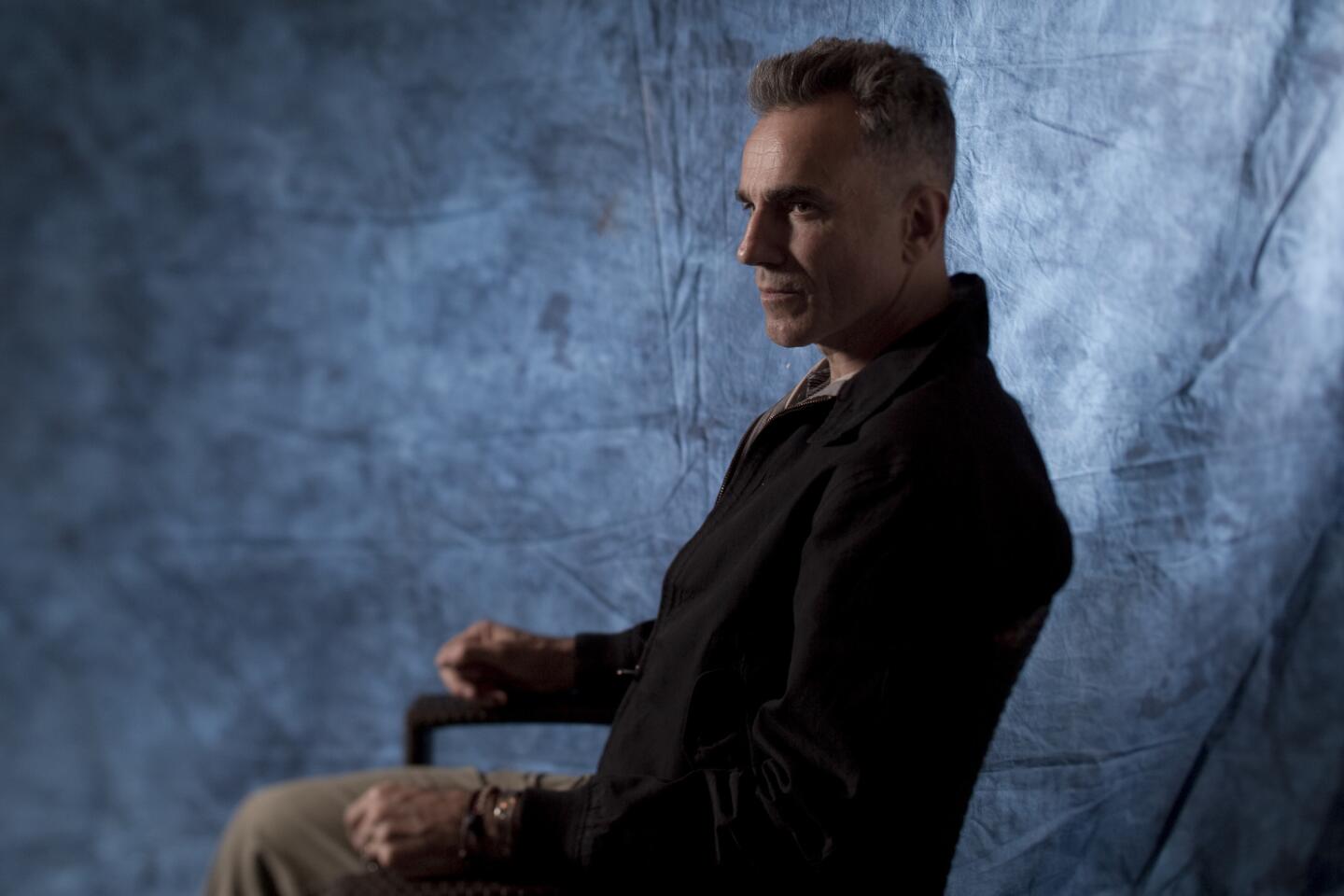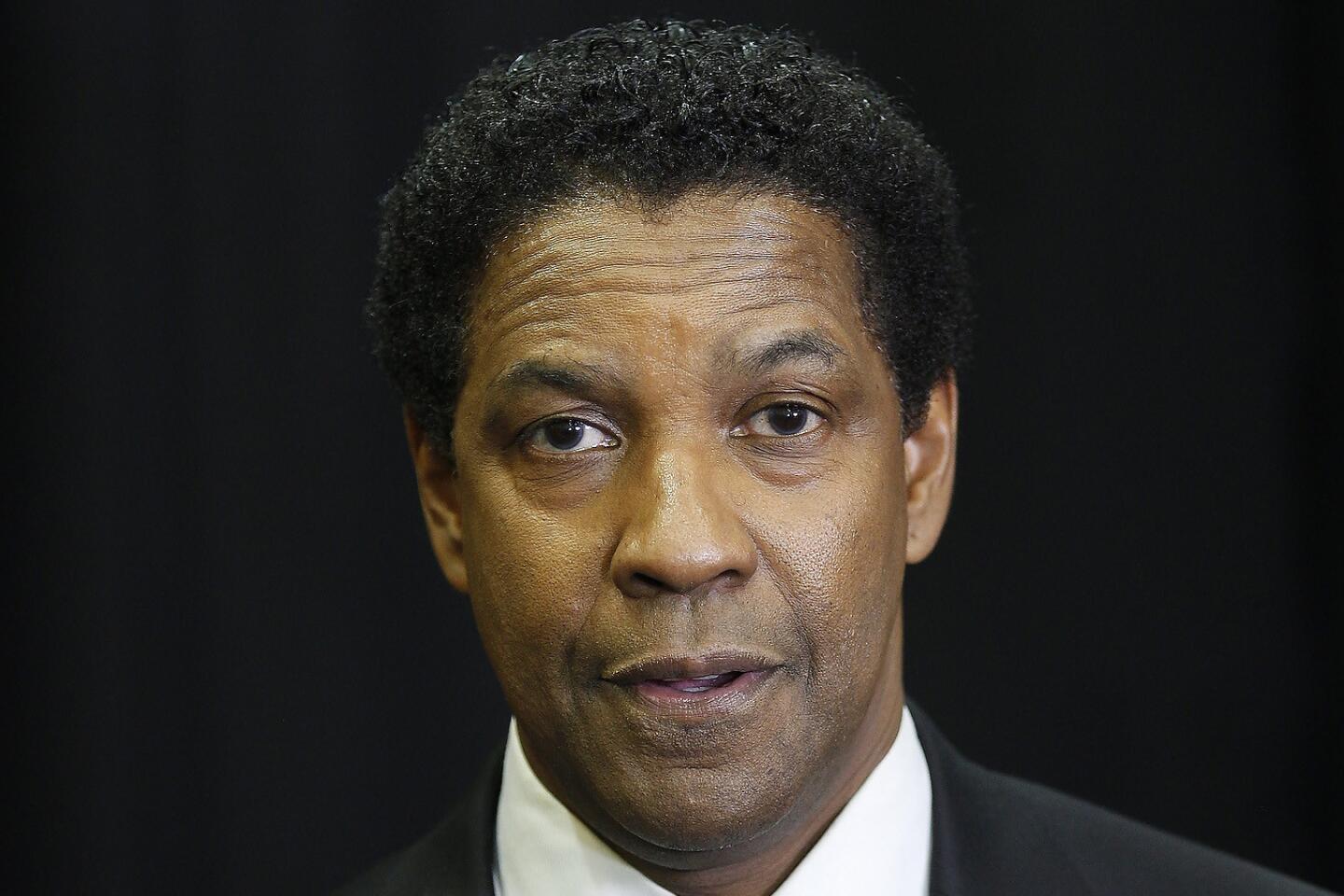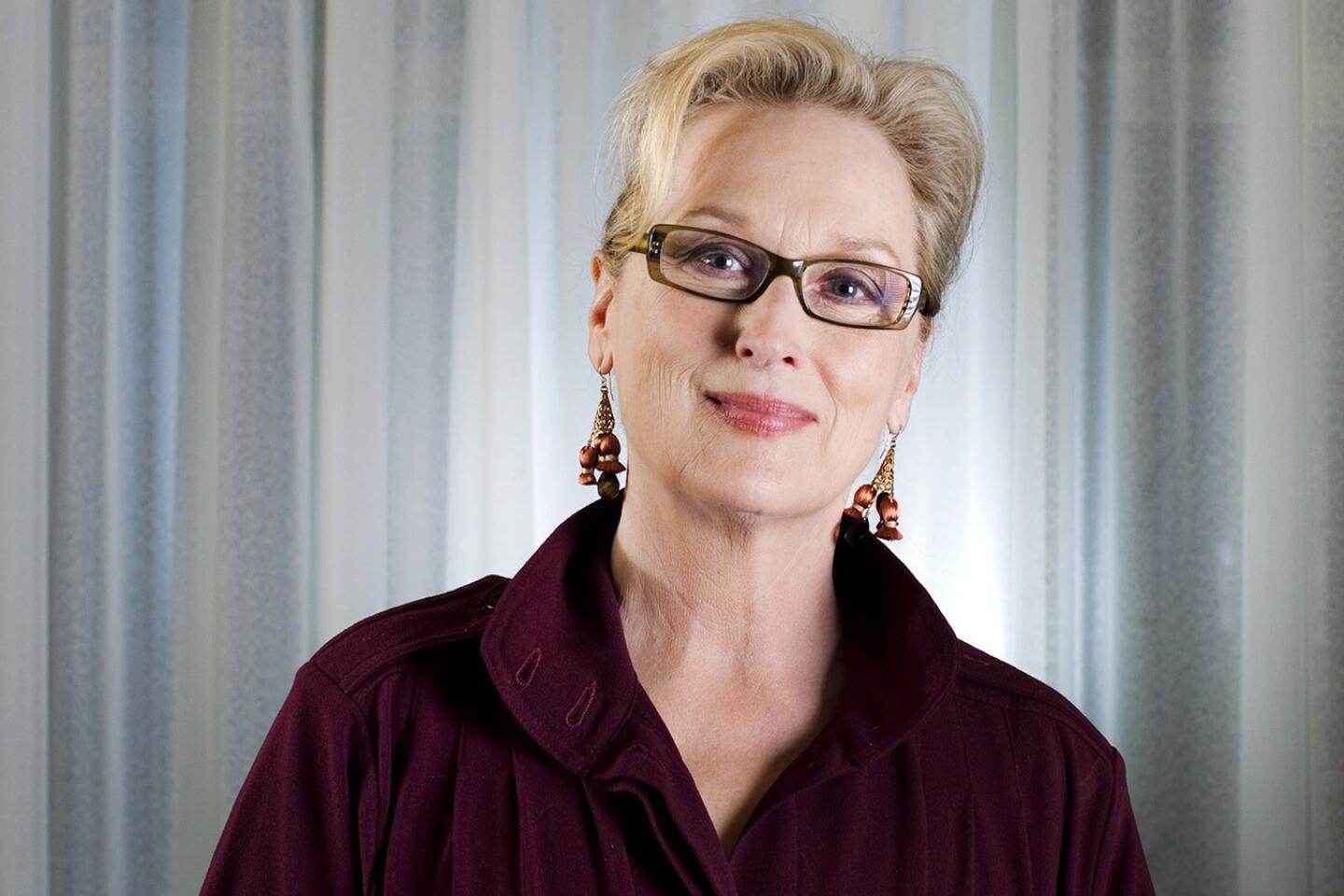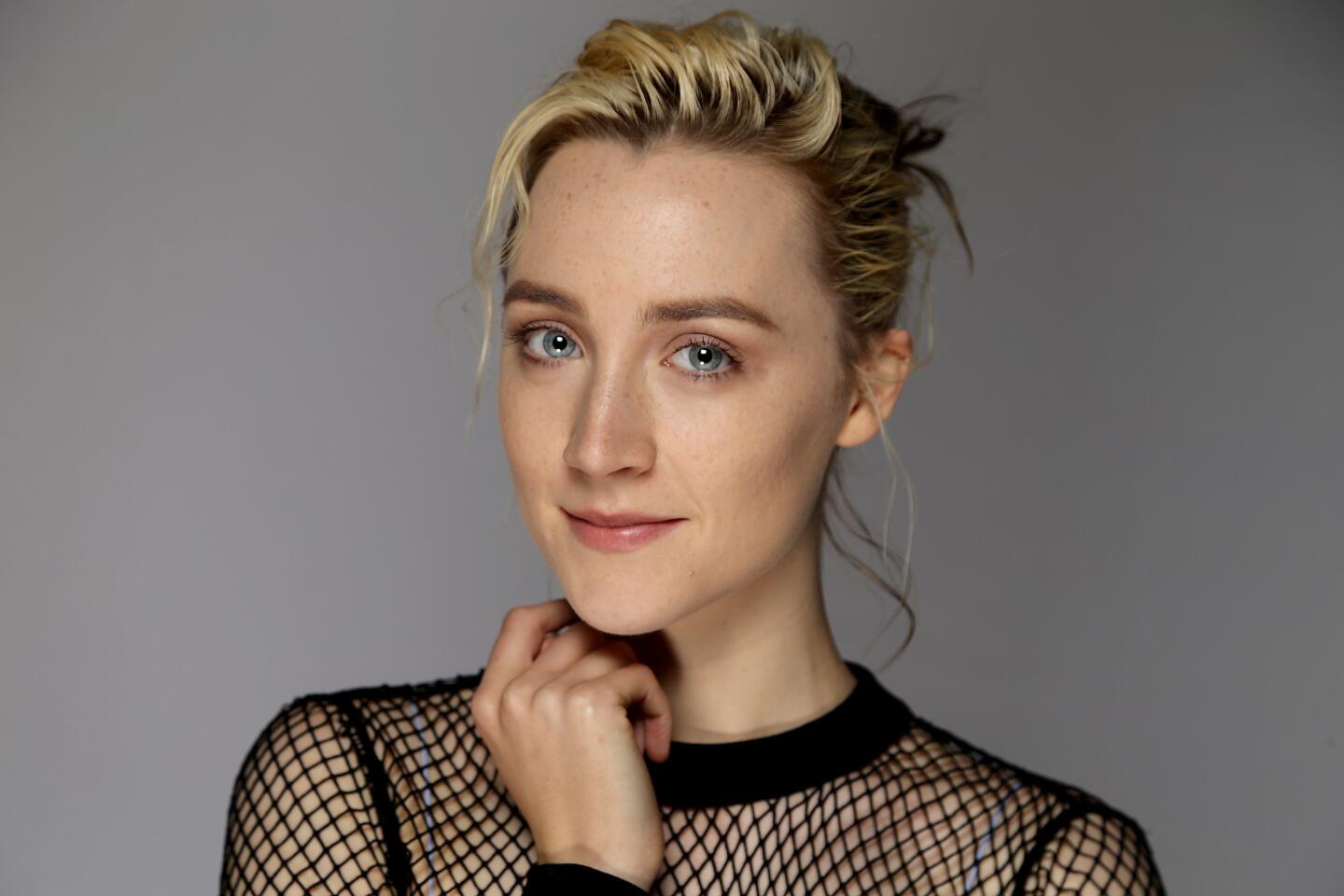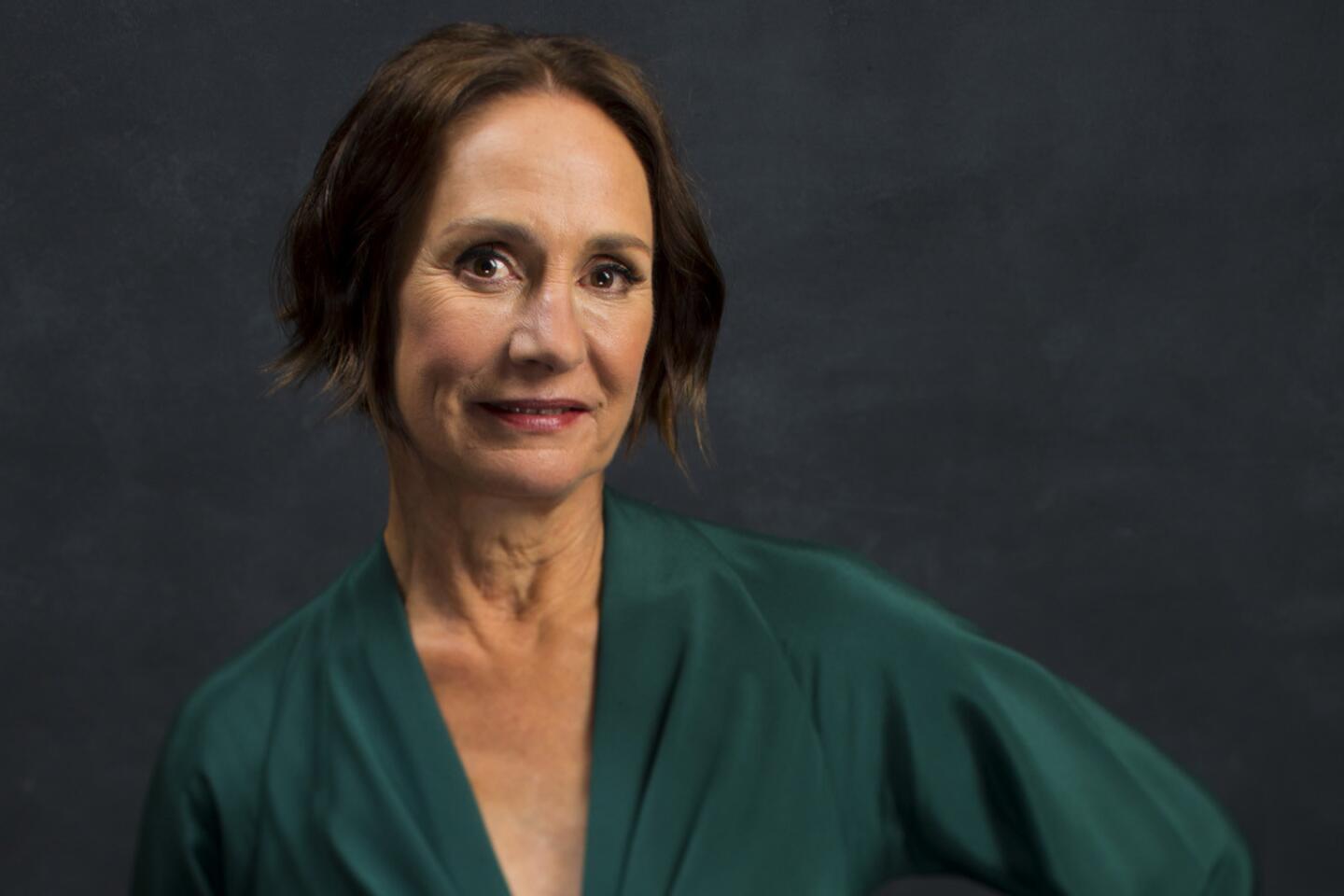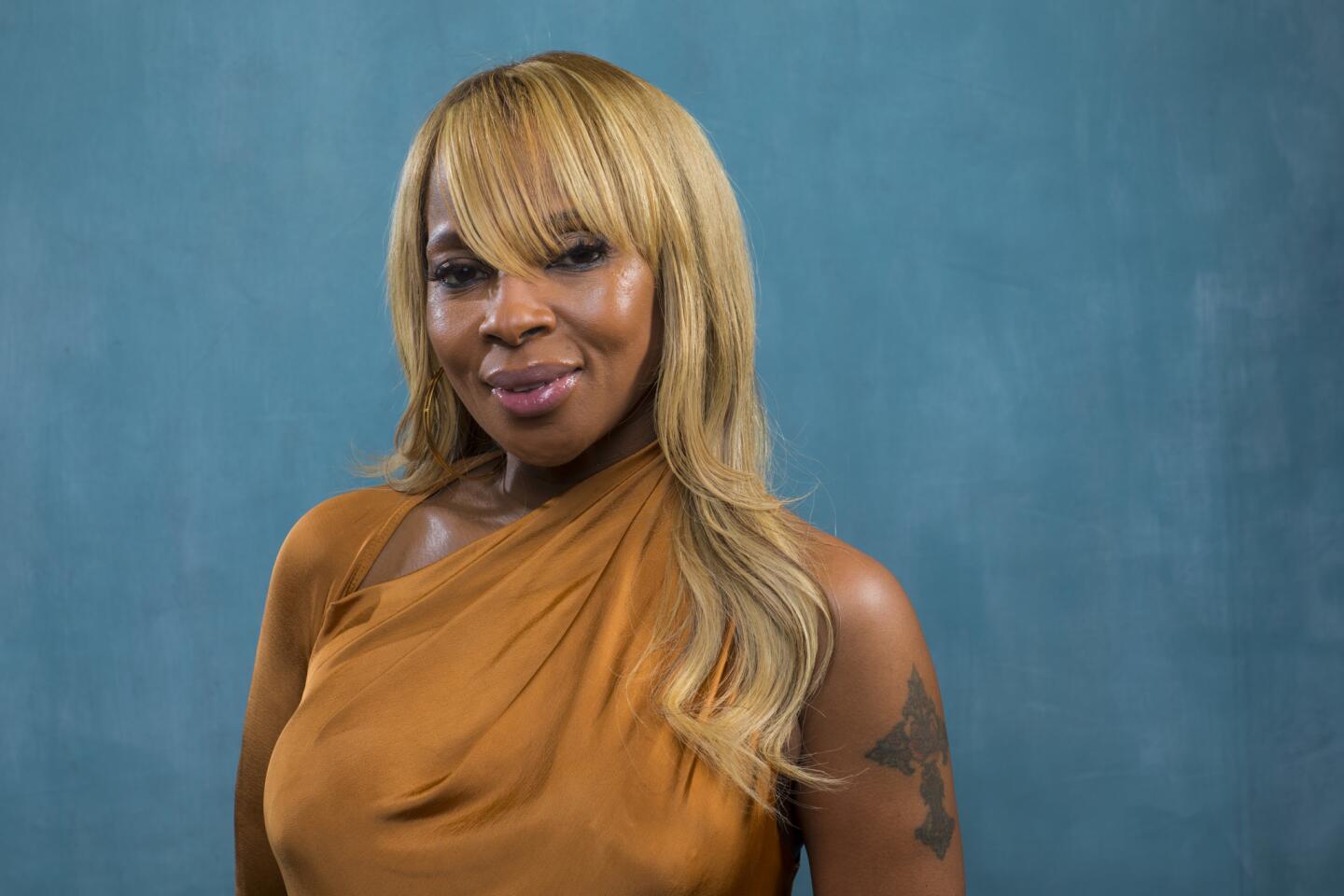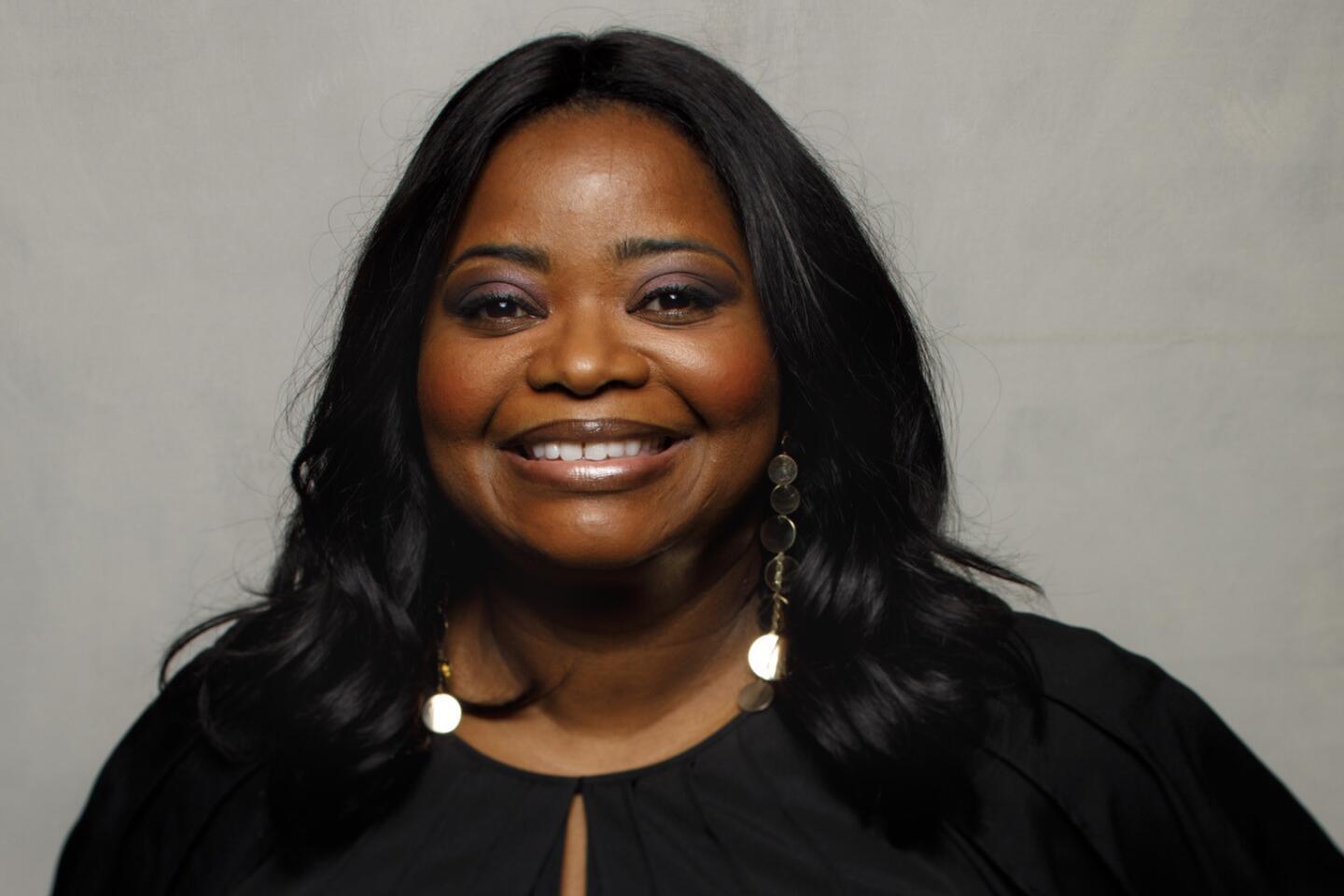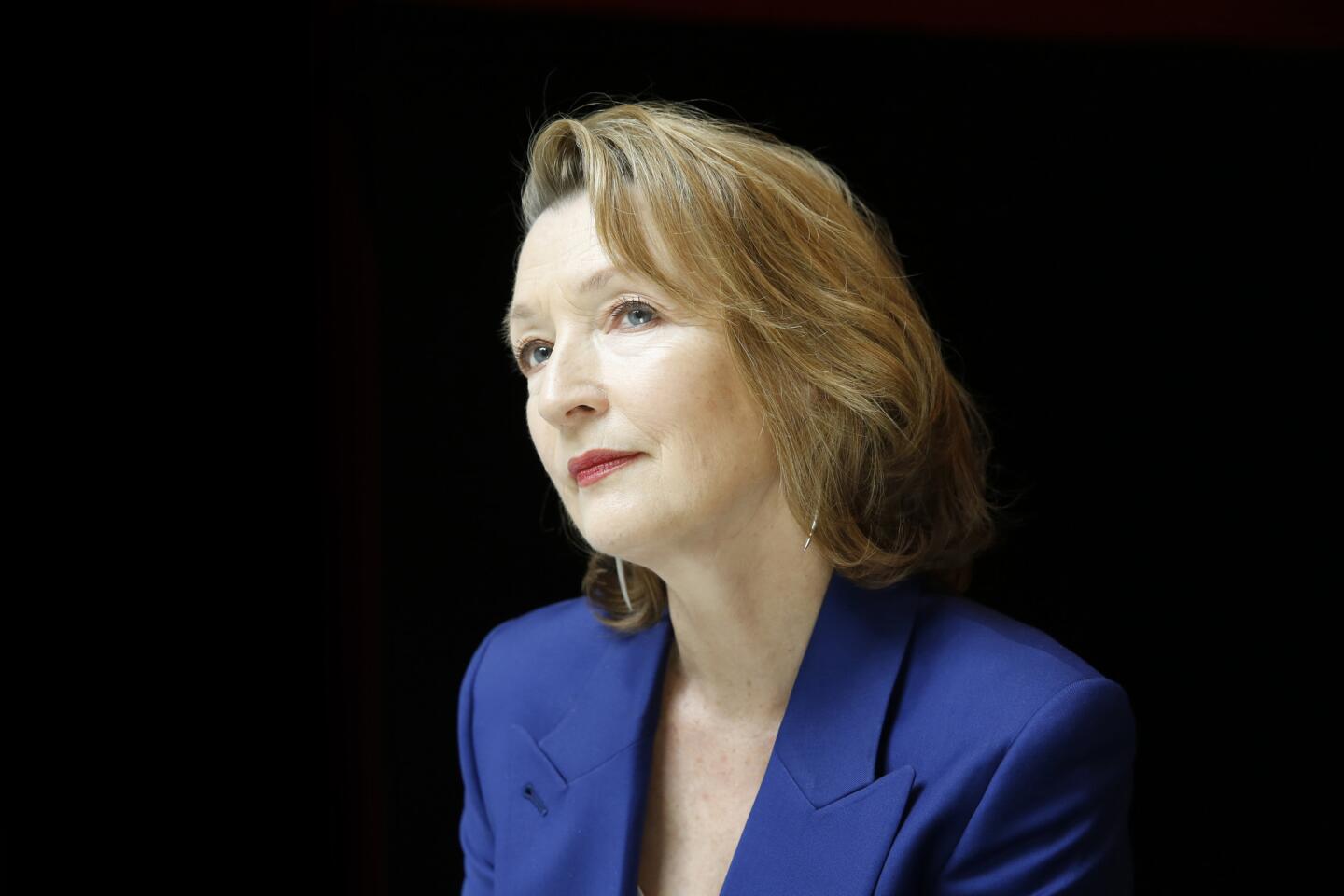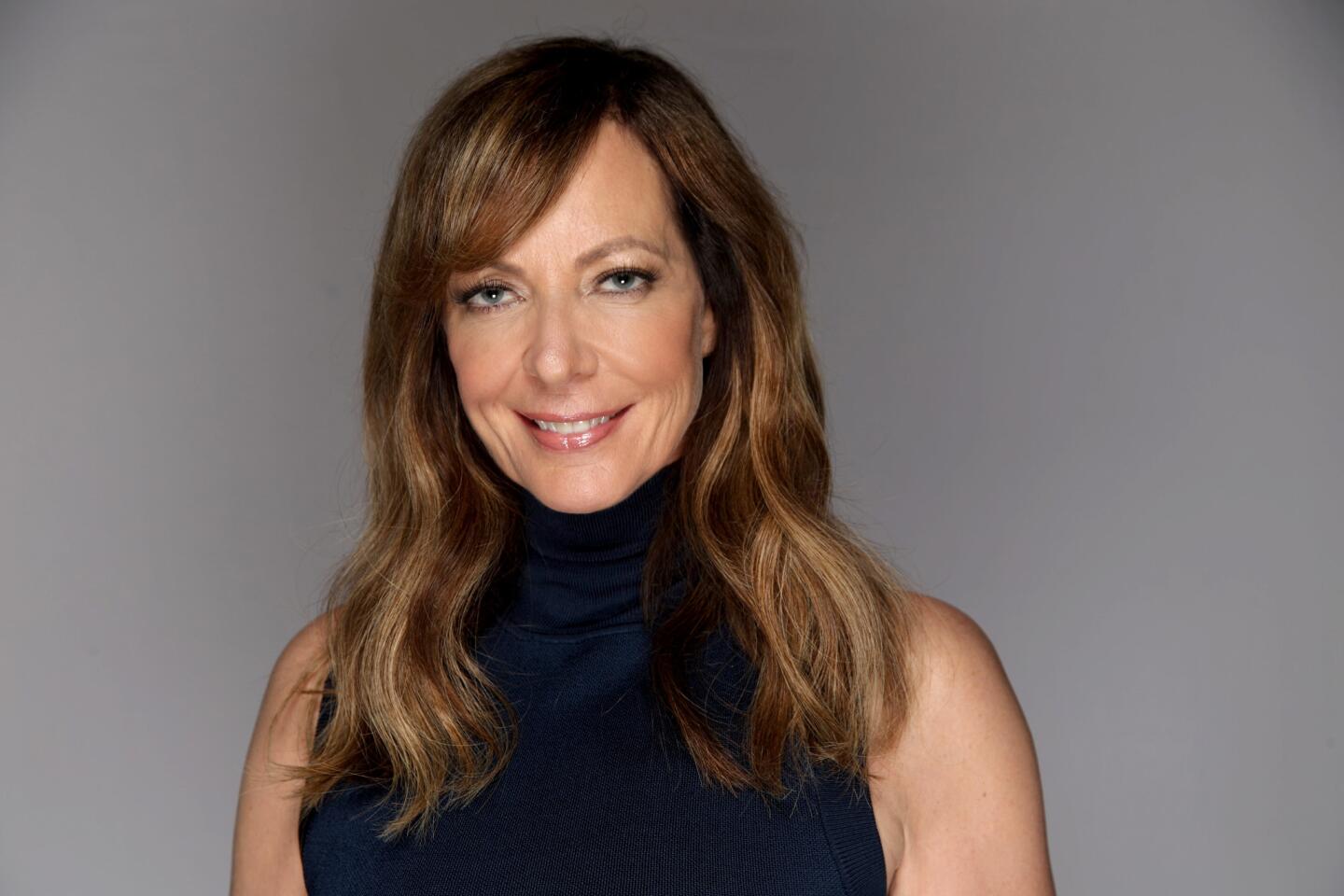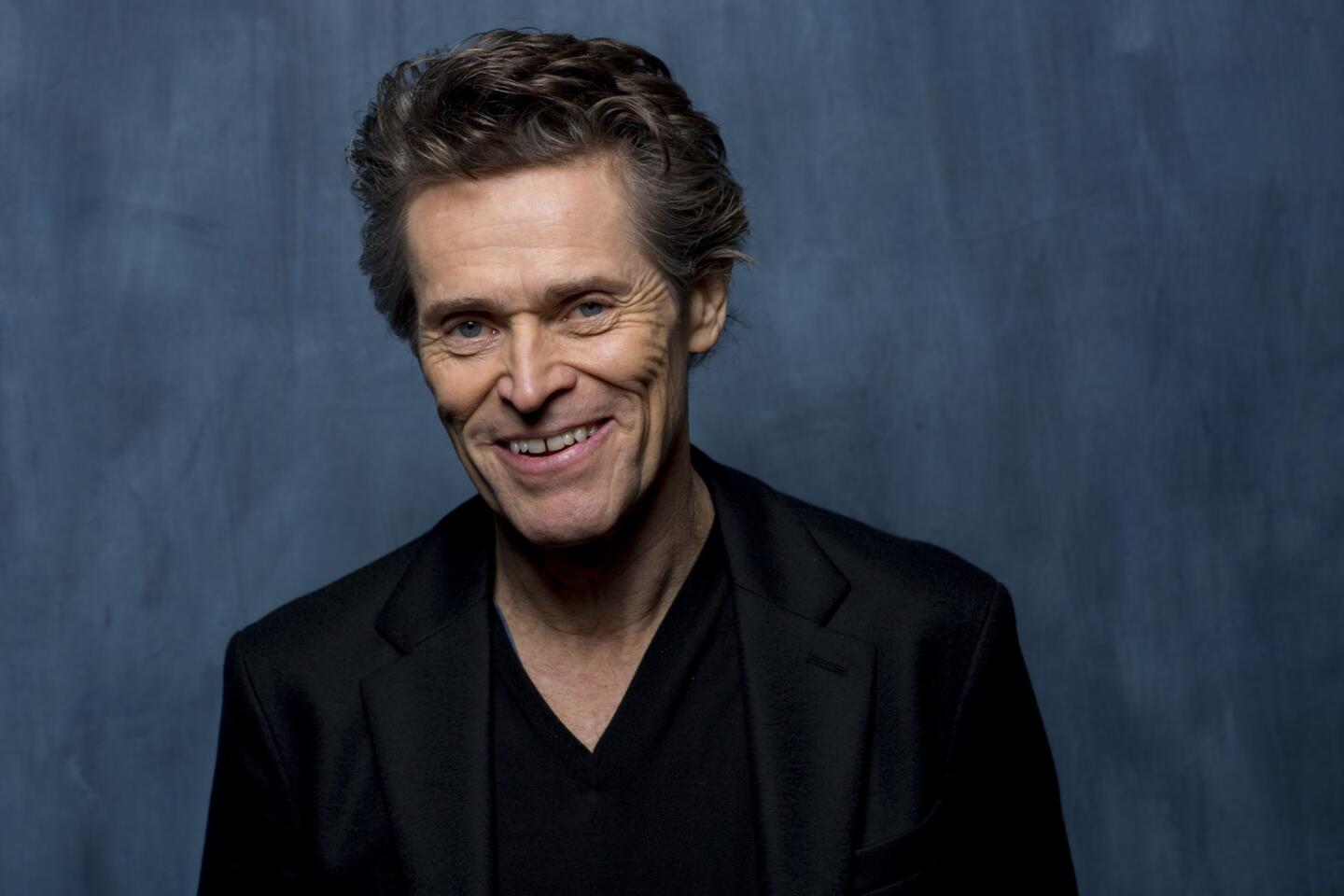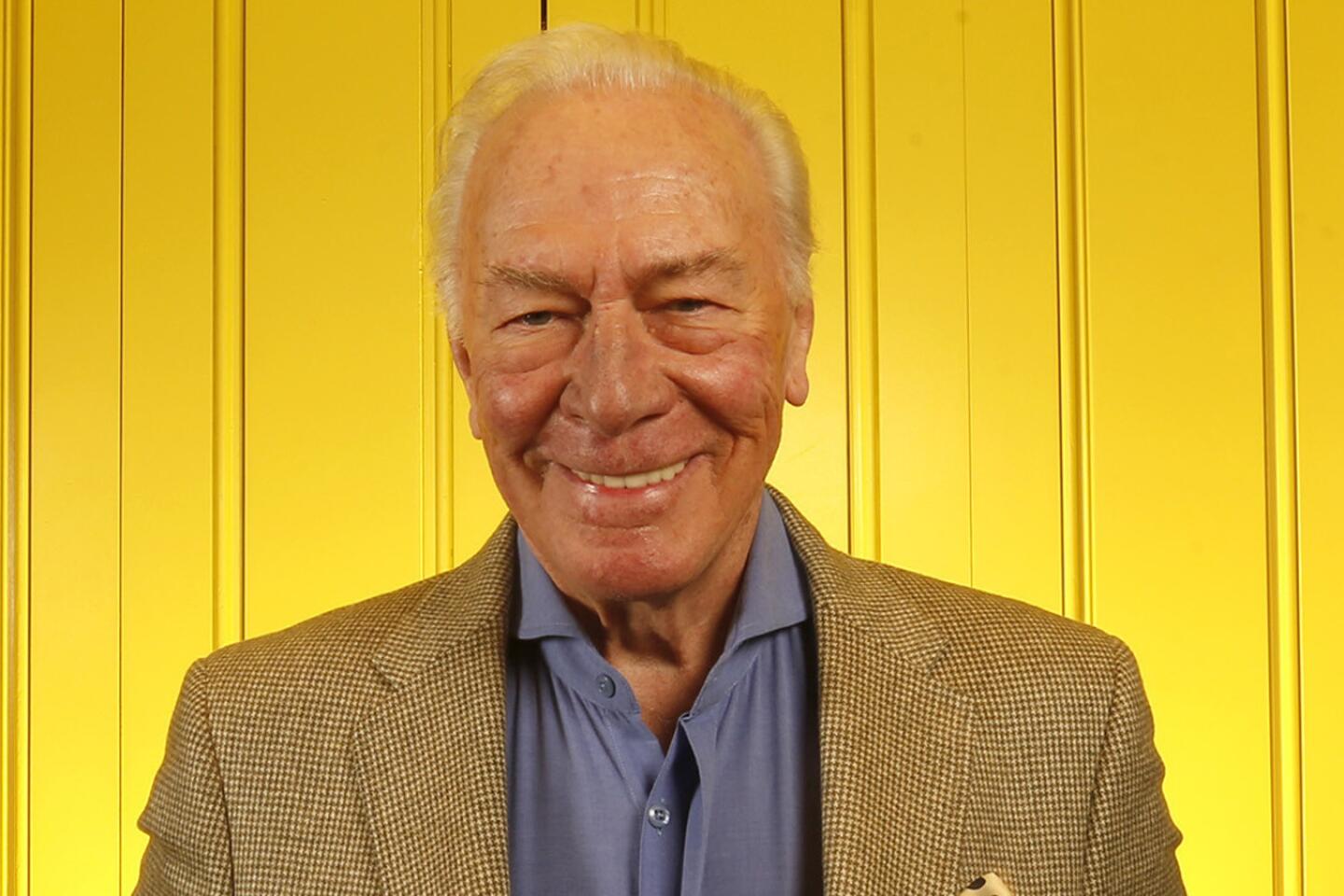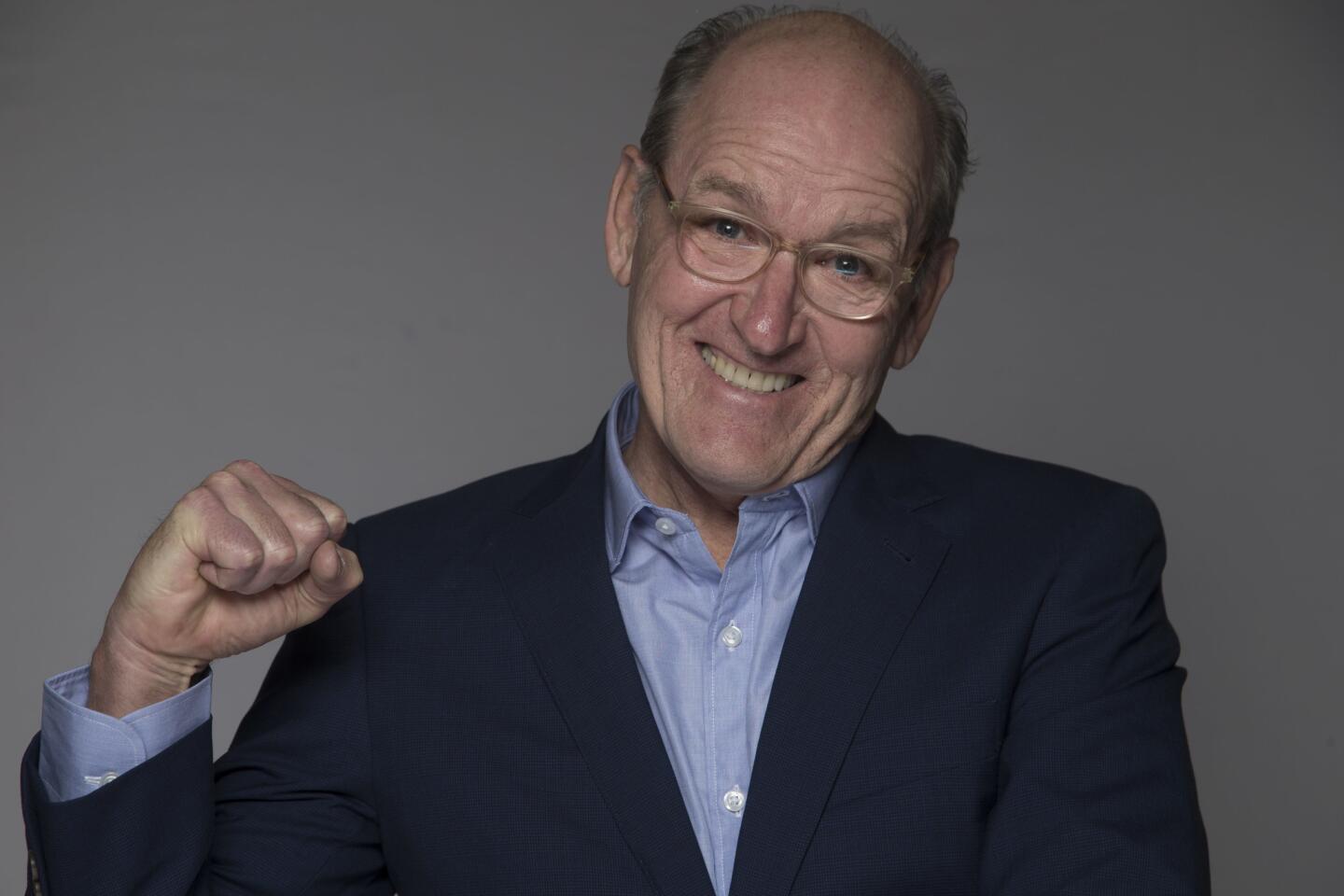After years of criticism, the hashtag for this year’s Oscar nominations could be #ItsAboutTime

Jordan Peele became the first African American to earn producer, director and writer nominations for a single film for “Get Out.” The academy nominated a female cinematographer, “Mudbound’s” Rachel Morrison, for the first time in its 90-year history
Recently, “Shape of Water” star Sally Hawkins listened as Guillermo del Toro, the movie’s writer-director, described the plot of the lush, romantic fantasy, which revolves around a mute female janitor in a 1960s government lab.
Punctuating his explanation that a woman drives the entire story, Hawkins waited a beat and then said:
For the record:
8:45 p.m. Jan. 23, 2018A previous version of this article said that James Franco skipped the Golden Globes. He skipped the Critics Choice Awards.
“It’s about time.”
The nominations for the 90th Academy Awards, which were announced on Tuesday, contained a great many “it’s about time” moments. Jordan Peele, the mastermind of “Get Out,” a social thriller about American racism, became the first African American to earn producer, director and writer nominations for a single film; the academy nominated a female cinematographer, “Mudbound’s” Rachel Morrison, for the first time in its 90-year history; and Greta Gerwig became just the fifth woman recognized as a director, feted for her wry, observational coming-of-age story “Lady Bird.”
Oscar nominations 2018 live updates »
Gerwig also picked up a nomination for the film’s original screenplay, a story that focused on a young woman discovering herself while dealing with a mother she can never seem to please.
“We thought about putting a title card at the end of the movie: ‘Call Your Mom,’” Gerwig told The Times.
Has anyone who was not a nominee ever called mom to celebrate anything the Academy of Motion Picture Arts and Sciences has done?
Tuesday might have been the day that actually happened.
After years of criticism for its lack of inclusion and in some cases dearth of inspiration, the motion picture academy seems to be lurching toward real and consistent progress. The addition of nearly 1,500 new and demographically inclusive members over the last two years has started to lead to the more “fair and equal representation” that former academy President Cheryl Boone Isaacs targeted when she announced the A2020 diversity initiative at the Governors Awards in 2015.
Oscars 2018: Complete list of nominees »
Arriving in the midst of the #MeToo movement, more than half of the nine movies nominated for best picture featured women at the center of the story. Women were among the producers on six of those nine movies. Women had a hand in writing four of the 10 screenplays nominated and earned nods for foreign film, animated film, documentary, editing, production design, song, makeup, costumes and sound mixing.
And, again, that historic nomination for Morrison.
“Literally, it’s a dream come true,” she told The Times.
It would be overreaching to proclaim the dawn of a brand new day at the academy, or in Hollywood. But change is happening, though some of it is outside the industry’s control. This is the first awards season in three decades without Harvey Weinstein somewhere near its center. The movie mogul often credited for creating the modern, take-no-prisoners awards campaign, Weinstein has been thanked by Oscar winners more often than God.
This year, it’s likely many will take the time to repudiate the systemic misogyny that allowed his alleged harassment to go unchecked for so long.
Academy members sent messages along those lines with the nominations, snubbing James Franco, long considered a favorite to land a lead actor nomination for “The Disaster Artist.” Two days before balloting closed, five women accused Franco of inappropriate or sexually exploitative behavior in a report published by The Times. (Franco has disputed the allegations.) Nominated by the Hollywood Foreign Press Assn., Critics’ Choice Awards and the Screen Actors Guild, he won a Golden Globe, skipped the Critics’ Choice event and then showed up at the SAG Awards on Sunday. If he attends this year’s Oscar ceremony, it will be only as a spectator.
Christopher Plummer, however, will be there, recognized for his 11th-hour replacement of Kevin Spacey in “All the Money in the World.” After multiple allegations of sexual misconduct were made against Spacey, director Ridley Scott erased him from his already finished but not yet released film. Stepping in as J. Paul Getty, Plummer was brilliant, but he also serves as a symbol of an industry’s newfound determination to swiftly turn the page.
That new paradigm can be glimpsed among the best picture nominees, which, yes, involve the requisite historical dramas, including two revolving around the same event (“Dunkirk” and “Darkest Hour”) and the 11th Steven Spielberg production (“The Post”) to land in that prestigious spot.
But there are also all those movies driven by women (many of whom are over 40, in itself a notable change), including “The Shape of Water,” with its leading 13 nominations, “Lady Bird” and “Three Billboards Outside Ebbing, Missouri,” a movie that walks a tonal tightrope (whether it teeters or tumbles in its treatment of race has been hotly debated) in telling its story of a mother seeking justice for her murdered daughter. Its star, 60-year-old Frances McDormand, won the Screen Actors Guild Award on Sunday and is favored to follow up at the Oscars.
“Shape” took the Producers Guild’s top prize Saturday; “Three Billboards” won the SAG ensemble award the next night. If these two best picture favorites are upended on Oscar night, it might be by Peele’s “Get Out,” a movie that will be more than a year old by the time of the ceremony but still stand as the most culturally relevant picture in the field.
Peele attended the Producers Guild Awards Saturday night, where Norman Lear presented him the guild’s Stanley Kramer Award. Lear, 95 and revered within the industry, praised “Get Out” for the “surgical way it takes on the racist fear that runs riot in America today.”
Peele lived up to that introduction, delivering a blistering speech that mixed caustic humor with social outrage to the delight of everyone in the Beverly Hilton’s ballroom.
“I don’t usually go dark,” Peele began. “I’m usually pretty light and I like to make my statements through my art, but this is a time where it needs to be said.” And what needed to be said, in Peele’s mind, was a blunt condemnation of “that racist man in the Oval Office” and the “systemic suppression of our voices.”
With its wide-ranging and reasonably inclusive slate of Oscar nominations, the academy has amplified some of those too-long-muted voices.
Said Gerwig on nominations morning: “I hope that girls or women who want to be filmmakers — sorry, I’m going to start crying again — look at this and they feel like ‘Yeah, I’m going to go make my movie.’”
Twitter: @glennwhipp
More to Read
From the Oscars to the Emmys.
Get the Envelope newsletter for exclusive awards season coverage, behind-the-scenes stories from the Envelope podcast and columnist Glenn Whipp’s must-read analysis.
You may occasionally receive promotional content from the Los Angeles Times.
